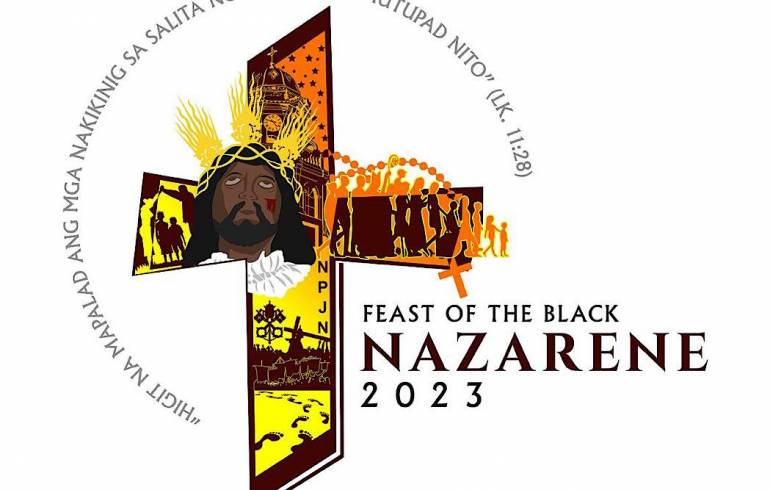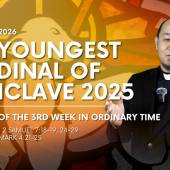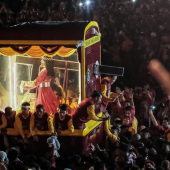Philippines: Black Nazareno Festivity to resume, except ‘traslacion’

Father Earl Allyson Valdez, a spokesperson for the Minor Basilica of the Black Nazarene, also known as Quiapo Church, told the public that the Black Nazarene Festival is set to resume in January 2023.
"All the activities of the festivity will resume except the traditional procession or the traslacion," Father Valdez said on November 17.
He added that "a procession dubbed the 'Walk of Faith' will be held on the eve of the Black Nazarene feast next year, as the traditional "traslacion" remains suspended."
"We will not process the image of the Black Nazarene. We instead encourage devotees to bring their own miniature replicas that they use for prayer and devotion," Valdez said.
The priest said, "This Walk of Faith is done in order for us to gradually return to the practice of having a procession in honour of the Black Nazarene, but due to the pandemic, sans the image and with restrictions.”
The Quiapo Church unveiled the official logo and theme for Traslacion 2023 in early October: "Blessed are those who listen to the word of God and keep it" (Luke 11:28)."
The cross on the emblem means that the faithful are protected, and the colour maroon comes from the traditional colour of the Black Nazarene's clothes. The colour orange represents light in the evening.
The bell tower of the church serves as a symbol for the faithful to unite in prayer, according to the statement.
The Black Nazarene, also known as Jesus Nazareno, is another major religious celebration that attracts millions of worshippers to the country.
In the 16th century, an unknown Mexican artist carved a black wooden picture of Jesus Christ carrying the cross. In 1606, it was taken to the Philippines.
The statue belongs to the Manila church Minor Basilica of the Black Nazarene. -Kasmir Nema
Radio Veritas Asia (RVA), a media platform of the Catholic Church, aims to share Christ. RVA started in 1969 as a continental Catholic radio station to serve Asian countries in their respective local language, thus earning the tag “the Voice of Asian Christianity.” Responding to the emerging context, RVA embraced media platforms to connect with the global Asian audience via its 21 language websites and various social media platforms.














